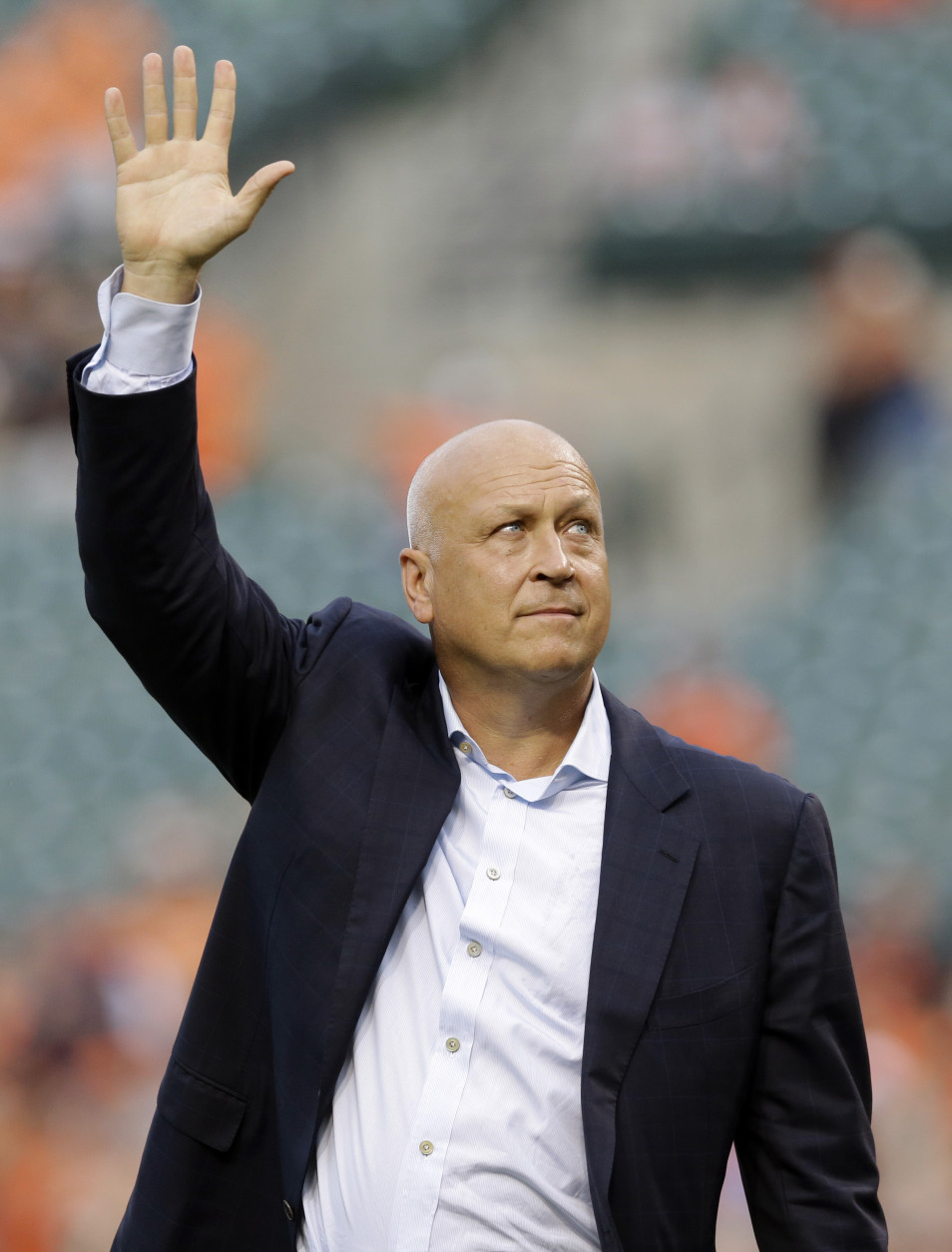
RIVERDALE, Md. — It’s not a bad day at camp when Cal Ripken Jr. shows up. Teaming up with the Prince George’s County police, the former Orioles shortstop’s foundation is offering kids the opportunity to bond with police officers at summer camp.
Even though 11-year-old Lucas Olivo was born five years after Cal Ripken Jr. retired, he was one of many kids at Riverdale Park who knew they were in the presence of a baseball great.
“It was super exciting. I shook his hand. I shook his hand with this hand,” Olivo said pointing to his right hand.
This is the fourth year the Cal Ripken Sr. Foundation’s Badges for Baseball summer camp has connected kids and law enforcement to support community policing. The program teaches officers about baseball and turn them into coaches who run the weeklong camp.
“The idea is, let’s find programs (so) that law enforcement can interact with the community, and sport is a really good way to do it that accentuates the positive impact of those relationships,” Ripken said.
During the camp, Prince George’s County officers coach the kids at baseball skill stations, in games and in fitness activities and discussions about life.
Ripken’s foundation is starting the #TeamCopsandKids Initiative, which begins with a hashtag because they want both the kids and the cops to share stories about each other on social media.
“We’re encouraging people to look at the positive stories and share them out and hopefully it’ll spur other people to do that and, again, it’s a focus on the positive interactions,” Ripken said.
“We want them to feel comfortable around us. That’s part of our goal. That’s why we are out here working with them,” said Cpl. Kurt Schnitzenbaumer who runs the camp for Prince George’s County police.
The county police Athletic League runs sports camps throughout the year at little or no cost to campers’ families in an effort to strengthen the relationship between officers and the incoming teen population they’ll serve and protect.
“At this age, in middle school, when they see a cop car rolling down, we don’t want them to be afraid. We don’t want them to think that what they are doing is wrong. We want them to think they can go up and talk to a police officer whether in uniform or not,” Schnitzenbaumer said.
The camp is funded by donations, grants and sponsorships by local businesses, Schnitzenbaumer said.
Watch the full interview here:








